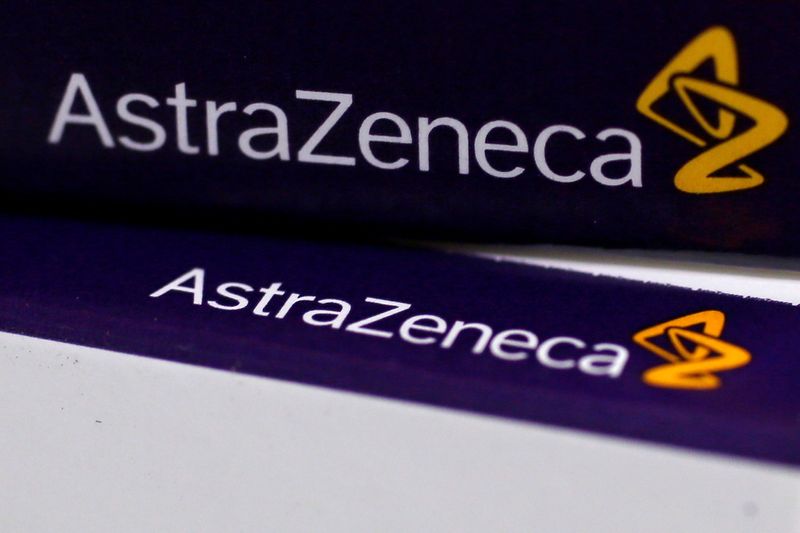(Reuters) – AstraZeneca and Daiichi Sankyo’s breast cancer drug has been approved as a treatment for a certain type of advanced gastric cancer in the United States, the British drugmaker said on Monday.
Drugmakers are using biomarker-driven drugs to treat patients with rare tumours. AstraZeneca made a $7-billion bet on the treatment, Enhertu, when it partnered with Daiichi in 2019 in a direct challenge to Roche.
The treatment has now been approved as a therapy for patients with previously treated HER2-positive advanced gastric cancer, AstraZeneca said, adding it now owes $115 million in milestones to Japan’s Daiichi for the latest indication.
“Today’s approval of Enhertu represents the first HER2-directed medicine approved in a decade for patients with HER2-positive metastatic gastric cancer,” Dave Fredrickson, executive vice-president of AstraZeneca’s oncology business unit said.
Though Enhertu targets the HER2 protein typical of certain breast cancers, the marker is found in some other rare and difficult cancers as well, and approvals may add to the sales, albeit in smaller numbers for a niche market.
AstraZeneca said about one in five gastric cancer patients are HER2 positive and slightly more than 26,000 Americans are likely to be diagnosed with gastric cancer this year, according to the American Cancer Society.
The London-listed company said the approval by the U.S. Food and Drug Administration was based on results from the DESTINY-Gastric01 trial conducted in Japan and South Korea.
(Reporting by Tanishaa Nadkar in Bengaluru; Editing by Arun Koyyur)























